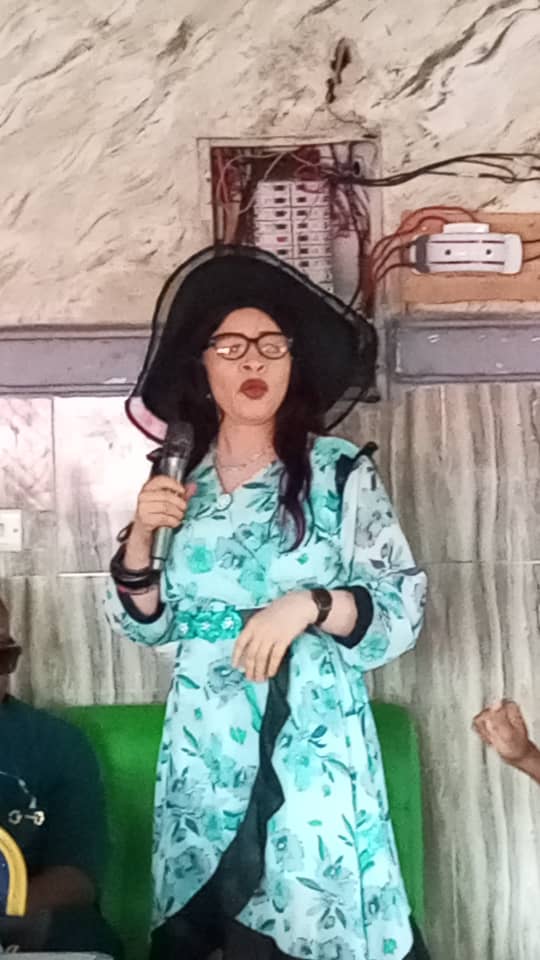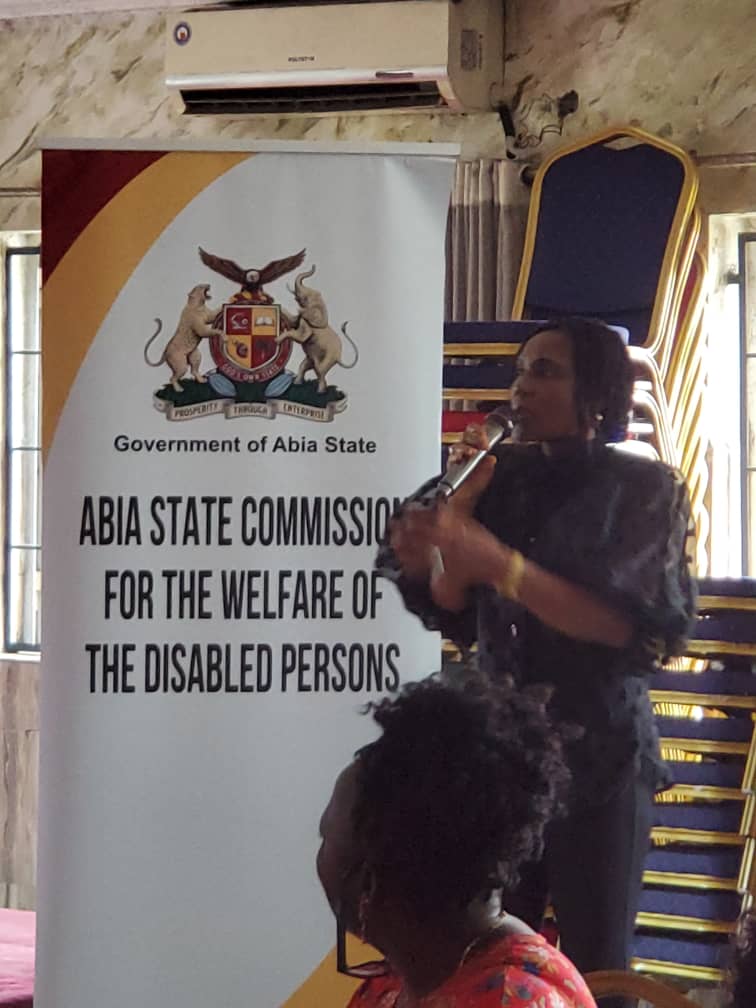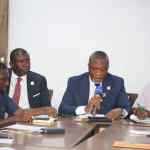The Abia State Government, in collaboration with the Abia State Disability Commission, has organized a sensitization and training programme focused on children with intellectual and learning disabilities.
The one-day event, held at El Dorado Hotel, Aba, brought together teachers, parents, educationists, caregivers, and healthcare workers. It aimed at promoting awareness, empathy, and inclusivity for children with special needs.

Chairman of the Disability Commission, Hon. Obinna David Anyaele, urged participants to challenge stereotypes about disability.
“Disability is not a curse. It is not inability. By promoting a culture of acceptance, empathy, and inclusion, we can work together to break down barriers,” he said.

Hon. Ijeoma Harriet Okonkwo, Commissioner for Persons with Albinism, cautioned parents against hiding their children. She advised schools to allow albino pupils to wear protective uniforms such as long sleeves and head coverings to shield them from sun exposure. Teachers, she added, should ensure albino children are seated in positions that aid their visibility in classrooms.
Similarly, Commissioner for Persons with Blindness, Hon. Onyebuchi Stanley, emphasized the importance of creating “an accessible and inclusive society for the blind.”

Representing the State Education Management Board (SEMB), Director of Information, Comrade Dan Onuoha, reiterated that every child possesses unique strengths. “There is ability in disability,” he said.
The highlight of the programme was a lecture by Chief Magistrate and Special Needs Educationist, Nnenna Grant Osu, who explained the distinctions between intellectual and learning disabilities. She noted that intellectual disabilities affect intelligence, adaptive skills, and independence, while learning disabilities stem from neurological conditions that hinder knowledge acquisition in a typical classroom.

She identified conditions such as Down Syndrome, Fragile X Syndrome, Cerebral Palsy, Autism, Dyslexia, and Dyscalculia, ADHD, etc., stressing the need for medical, psychological, social, and behavioral support.
“Globally, between 2–3% of children have intellectual disabilities, with many also facing learning disabilities. Teachers, caregivers, and parents must work together to provide the right support,” she said.

The event concluded with an interactive session and group photographs.
Chinedu Kelechi, Aba
Reporter
























